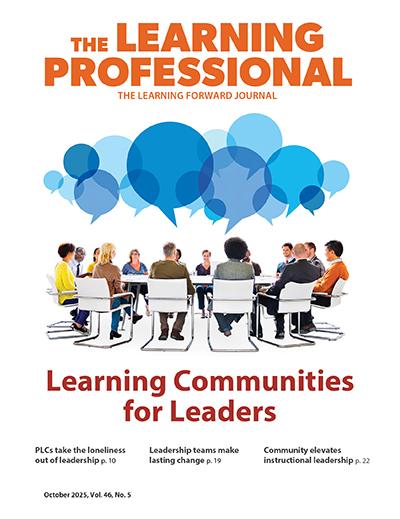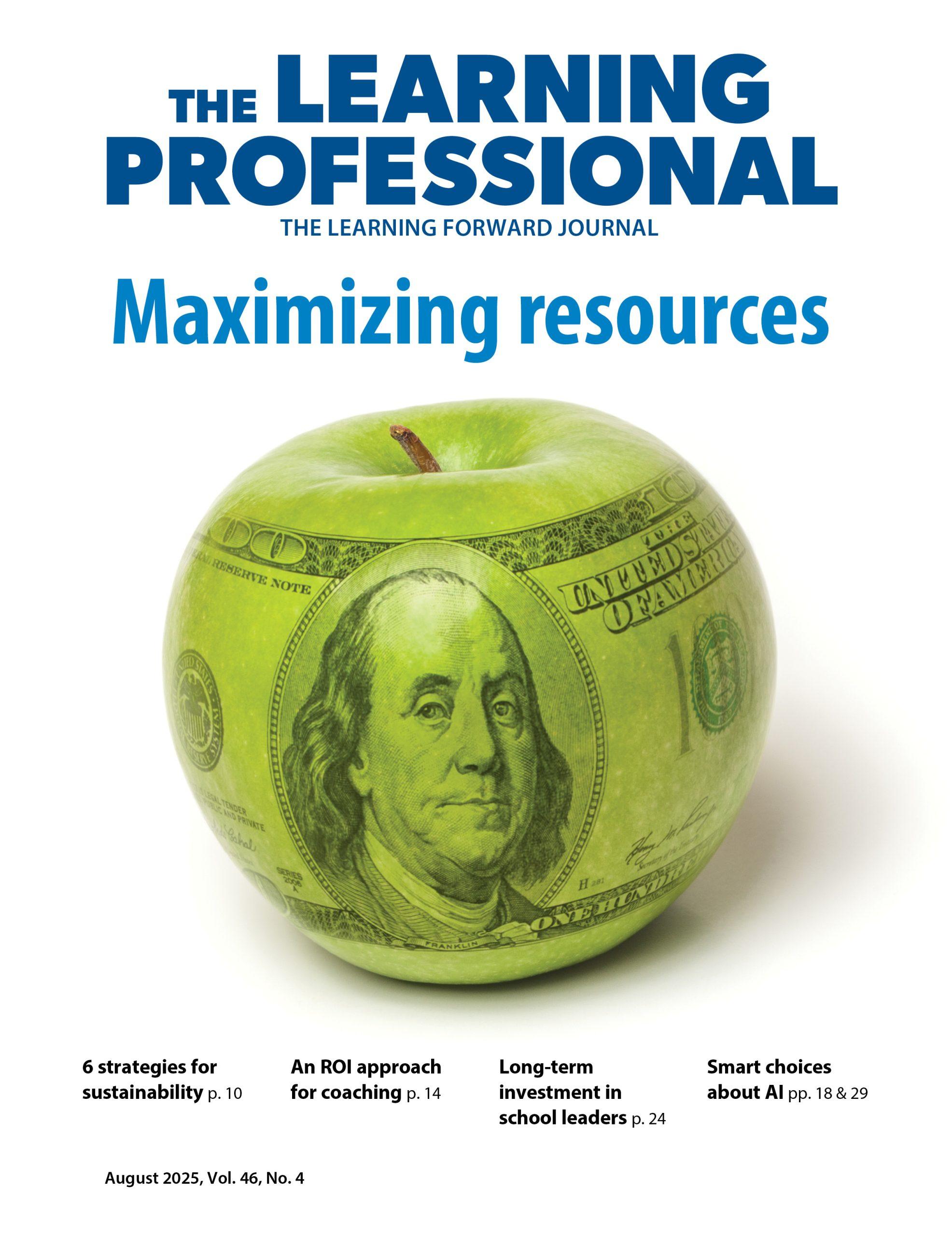Read the remaining content with membership access. Join or log in below to continue.
Sed ut perspiciatis unde omnis iste natus error sit voluptatem accusantium doloremque laudantium, totam rem aperiam, eaque ipsa quae ab illo inventore veritatis et quasi architecto beatae vitae dicta sunt explicabo. Nemo enim ipsam voluptatem quia voluptas sit aspernatur aut odit aut fugit, sed quia consequuntur magni dolores eos qui ratione voluptatem sequi nesciunt. Neque porro quisquam est, qui dolorem ipsum quia dolor sit amet, consectetur, adipisci velit, sed quia non numquam eius modi tempora incidunt ut labore et dolore magnam aliquam quaerat voluptatem.
References
Koenig, A., Rodger, S., & Specht, J. (2017). Educator burnout and compassion fatigue: A pilot study. Canadian Journal of School Psychology, 32, 1-20.
Lauermann, F. & Konig, J. (2016). Teachers’ professional competence and wellbeing: Understanding the links between general pedagogical knowledge, self-efficacy and burnout. Learning and Instruction, 45, 9-19.
Morris, R.C. & Devane, S. (1994). An “integrated” wellness model for effectively coping with stress in teaching. Thresholds in Education, 20, 30-34.
National Wellness Institute. (n.d.). The six dimensions of wellness. www.nationalwellness.org/page/Six_Dimensions
Pennebaker, J. (1997). Writing about emotional experiences as a therapeutic process. Psychological Science, 8(3),162-166.
Sackney, L., Noonan, B., & Miller, C.M. (2000). Leadership for educator wellness: An exploratory study. International Journal of Leadership in Education, 3, 41-56.
Strout, K.A. & Howard, E.P. (2012). The six dimensions of wellness: Cognition in aging adults. Journal of Holistic Nursing, 30, 195-204.
Taxer, J.L. & Frenzel, A.C. (2015). Facets of teachers’ emotional lives: A quantitative investigation of teachers’ genuine, faked, and hidden emotions. Teaching and Teacher Education, 49, 78-88.
Wang, H., Hall, N.C., & Rahimi, S. (2015). Self-efficacy and causal attributions in teachers: Effects on burnout, job satisfaction, illness, and quitting intentions. Teaching and Teacher Education, 47, 120-130.
Zurawik, M. (2020). Moving through spaces – leisure walking and its psychosocial benefits for well-being: A narrative review. Human Movement, 21(2), 1-8.
Recent Issues
MAXIMIZING RESOURCES
August 2025
This issue offers advice about making the most of professional learning...
MEASURING LEARNING
June 2025
To know if your professional learning is successful, measure educators’...
NAVIGATING NEW ROLES
April 2025
Whether you’re new to your role or supporting others who are new,...
LEARNING DESIGNS
February 2025
How we learn influences what we learn. This issue shares essential...













